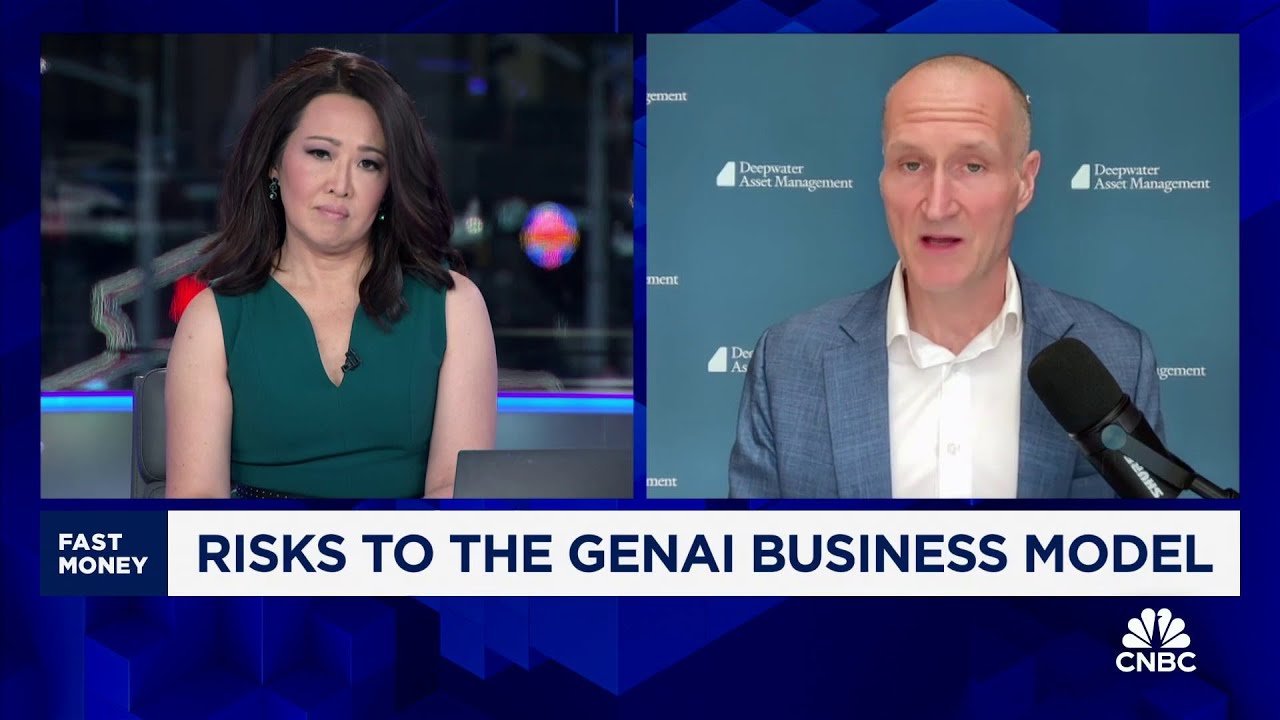Gene Munster discussed the economic challenges faced by large language model (LLM) owners, emphasizing the need to pay publishers for training data, which adds financial strain despite projected high revenues. He noted that while the immediate economics are tough, the long-term potential for LLMs remains promising, although concerns about market consolidation and the dominance of major tech companies persist.
In a recent discussion, Gene Munster shared his insights on the economic implications of large language models (LLMs) and the necessity for LLM owners to pay publishers for access to training data. He emphasized that the current economic landscape for these models is challenging, with companies like OpenAI facing significant costs. For instance, OpenAI pays News Corp approximately $50 million annually for licensing agreements, which impacts their bottom line despite projected revenues of $4 billion this year and $11 billion next year. Munster noted that while these costs are measurable, they contribute to the overall financial strain on LLM companies.
Munster also highlighted the potential impact on major tech players like Google, which operates a $200 billion search business. He suggested that if LLMs can achieve a scale comparable to Google’s search revenue, the licensing fees, although substantial, may not drastically alter the long-term financial outlook. He pointed out that Google’s strategy involves integrating ads and sponsored content alongside AI-generated search results, which could affect their advertising revenue if the quality of search results diminishes.
The conversation touched on the evolving nature of search and user experience. Munster argued that as generative AI improves, consumers may not differentiate between traditional search results and AI-generated responses. If users find satisfactory answers through AI, they may continue to engage with Google products, which could help the company maintain its vast user base. He noted that Google has recently started incorporating generative search features, and the upcoming quarterly results will provide insights into how this strategy is performing.
When discussing the valuation of companies in the LLM space, Munster expressed skepticism about the $8 billion valuation for Perplexity, given the high costs associated with developing LLMs. He referenced Larry Ellison’s estimate that it takes around $100 billion to compete effectively in this market. Munster emphasized that companies need to raise substantial amounts of capital to remain competitive, which could lead to consolidation in the industry as smaller players struggle to keep up with the financial demands.
Finally, Munster concluded that while the near-term economics for LLMs are unfavorable, the long-term potential remains promising. He believes that the ability to provide knowledge and information at a low marginal cost will ultimately create significant value. However, he warned that larger tech companies are likely to dominate the AI landscape, raising concerns among lawmakers about the concentration of power in the hands of a few major players.
